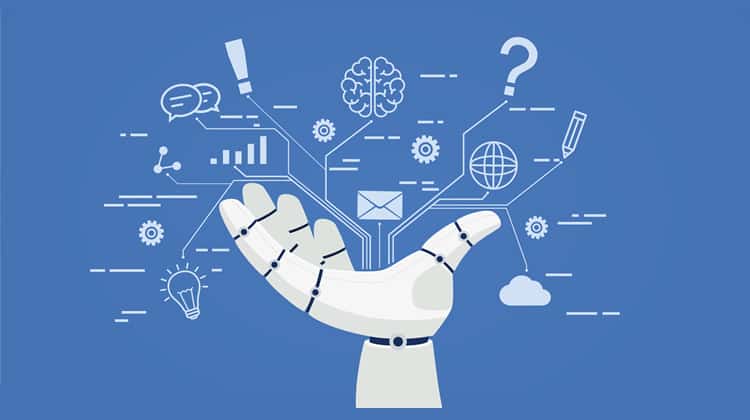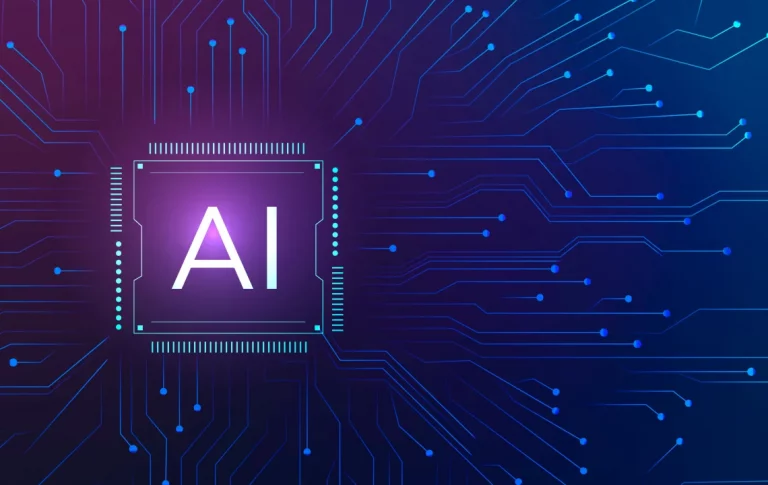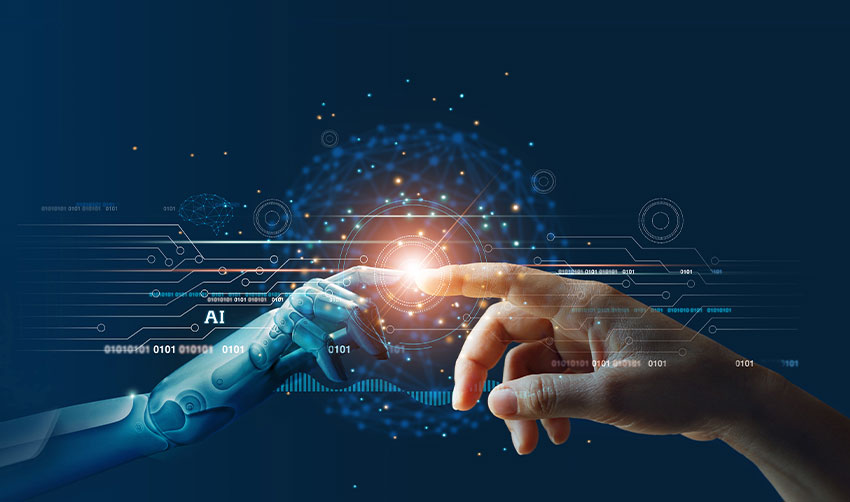How AI Affects Web Dev and Designers
Design

The integration of Artificial Intelligence (AI) into web development and design is revolutionizing the industry. From enhancing user experience to automating mundane tasks, AI is reshaping the landscape in significant ways. As web development and design continue to evolve, understanding the impact of AI becomes crucial for professionals aiming to stay ahead of the curve.
Enhancing User Experience

One of the most profound impacts of AI in web development is the enhancement of user experience. AI-powered tools can analyze vast amounts of data to understand user behavior and preferences. This enables the creation of personalized experiences tailored to individual users. For instance, AI algorithms can recommend products based on past browsing history or adapt website content to suit the user's location, device, and even the time of day.
Personalization and Predictive Analytics
AI uses predictive analytics to anticipate user needs. By analyzing patterns and trends, AI can predict what content or products a user is likely to be interested in. This not only enhances user satisfaction but also increases engagement and conversion rates. Websites like Amazon and Netflix leverage AI to provide personalized recommendations, creating a more engaging and user-friendly experience.
Chatbots and Virtual Assistants
Chatbots and virtual assistants, powered by AI, have become ubiquitous on websites. These tools provide instant support and guidance to users, answering queries, and assisting with tasks such as booking appointments or making purchases. Advanced AI chatbots can handle complex interactions and learn from each conversation, continuously improving their responses. This leads to more efficient customer service and a smoother user journey.
Automating Development Processes

AI is also transforming the web development process itself by automating various tasks. This not only speeds up development but also reduces the potential for human error.
Code Generation and Optimization
AI-driven tools can generate code snippets, frameworks, and even entire websites based on user inputs. For example, tools like GitHub Copilot use machine learning to suggest code as developers type, significantly accelerating the coding process. AI can also optimize existing code, making it more efficient and reducing load times, which is crucial for both user experience and search engine optimization (SEO).
Testing and Debugging
AI enhances testing and debugging by identifying and fixing errors more accurately and quickly than manual methods. AI-powered testing tools can simulate a wide range of user interactions and identify potential issues before they affect real users. This proactive approach ensures higher quality and more reliable websites.
Impact on Web Design
Web design is another area where AI is making significant strides. AI tools assist designers in creating aesthetically pleasing and user-friendly interfaces by offering design suggestions, automating repetitive tasks, and providing insights based on user data.
Design Assistance and Automation
AI-powered design tools can generate layouts, select color schemes, and even create graphics based on given parameters. These tools, such as Adobe Sensei, analyze current design trends and user preferences to provide designers with relevant suggestions. This not only saves time but also ensures that the designs are contemporary and appealing.
User-Centric Design
AI enables a more user-centric design approach by analyzing user interactions and feedback. Tools like heatmaps and user session recordings provide valuable insights into how users navigate a website. AI can process this data to identify areas of improvement, helping designers create more intuitive and user-friendly interfaces.
Challenges and Considerations

While AI offers numerous benefits, it also presents challenges that web developers and designers must consider.
Ethical and Privacy Concerns
AI's ability to collect and analyze vast amounts of user data raises ethical and privacy concerns. Developers and designers must ensure that AI tools comply with data protection regulations and maintain user trust by being transparent about data usage.
Dependency on AI
As AI becomes more integrated into web development and design, there's a risk of over-reliance on these tools. Professionals must continue to develop their skills and understand the underlying principles of their craft to avoid becoming overly dependent on AI.
Job Displacement
The automation of tasks traditionally performed by humans raises concerns about job displacement. While AI can take over repetitive and mundane tasks, it is essential for professionals to adapt and focus on areas where human creativity and critical thinking are irreplaceable.
Future Prospects

The future of AI in web development and design looks promising, with ongoing advancements likely to bring even more innovative solutions.
AI and Responsive Design
AI will play a crucial role in the evolution of responsive design. As new devices and screen sizes emerge, AI can help create designs that automatically adapt to various formats, ensuring a consistent user experience across all platforms.
Voice and Gesture-Based Interfaces
The rise of voice and gesture-based interfaces is another area where AI will be influential. As these technologies become more prevalent, AI will help develop more intuitive and responsive interfaces that cater to a broader range of user interactions.
Augmented Reality (AR) and Virtual Reality (VR)
AI's integration with AR and VR technologies will open new possibilities for immersive web experiences. AI can enhance these experiences by providing real-time data and adaptive content, creating more engaging and interactive websites.
Conclusion
AI's impact on web development and design is transformative, offering numerous benefits from enhanced user experience to streamlined development processes. However, it also presents challenges that must be addressed to fully harness its potential. By understanding and adapting to these changes, web developers and designers can leverage AI to create more innovative, efficient, and user-friendly websites. As AI continues to evolve, staying informed and adaptable will be key to thriving in this dynamic industry.